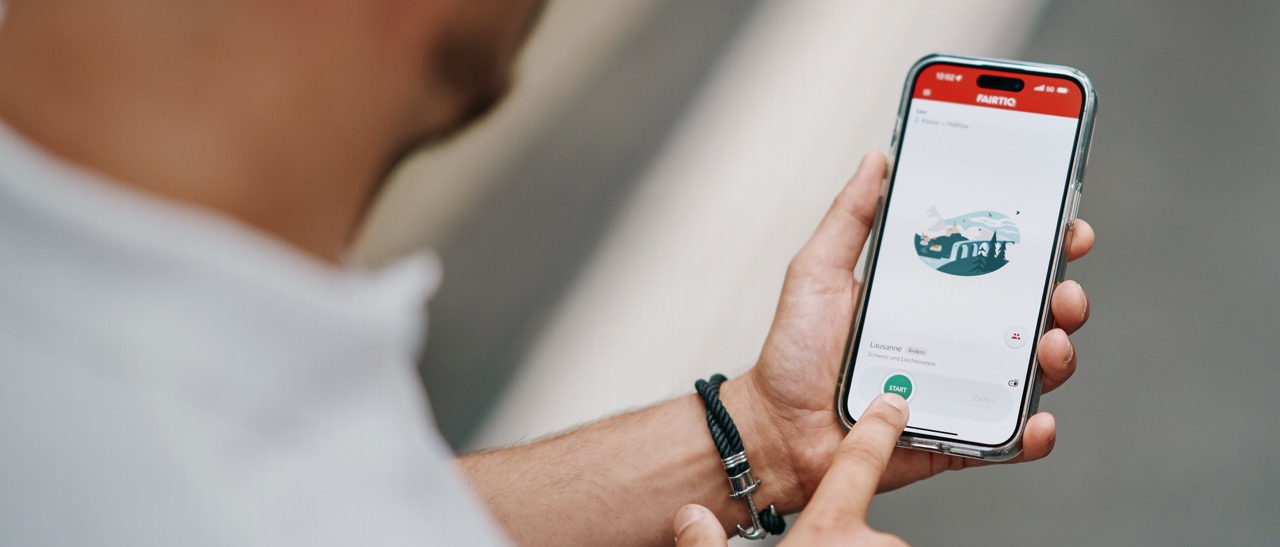Brakar to Trial Distance-Based Fares
Brakar is set to trial a new way of pricing bus tickets and has entered into an agreement with the Swiss company Fairtiq to test their technology. This will make it possible to pay for bus journeys based on the distance travelled, i.e. the number of kilometres covered. The pilot project will be carried out in Drammen, Lier, and Øvre Eiker, and will also include bus lines 100 and 101 towards Vikersund, and line 169 from Lierbyen to Oslo.
“By testing this type of payment solution, we want to find out, among other things, if our customers feel that it offers a fairer price, is easier to use, and if it influences the number of journeys or travel patterns,” says Gro Ryghseter Solberg, County Director for Transport in Buskerud County Council. “In Buskerud County Council, it is important to offer the best possible public transport system for our residents,” she adds.
“This is a very exciting project. There is a desire, both from users and politicians, to evaluate a ticketing system that is fairer for more people. Payment based on distance traveled is therefore a natural model to look at. Such a system is completely in line with the guidelines given for public transport in the Action Program for Transport 2026-2029, which was politically discussed and adopted before the summer,” says Christopher Amundsen Wand, chairman of the main committee for transport in Buskerud County Council.
“Our current zone system is often perceived as unfair by our customers,” says Terje Sundfjord, Head of Brakar. “This applies particularly to those who live close to a zone boundary and therefore have to pay more. The new hospital at Brakerøya, for instance, is situated near a zone boundary, and here we see that kilometre-based pricing could be a good solution for those travelling there from Lier.”
Trials Before Further Political Consideration
“Since the municipal merger in Drammen, there has been a lot of discussion around zones, and feedback from customers and residents suggests that people perceive kilometre-based payment as fairer than the zone system. We are continually working to find solutions that make travelling by public transport more attractive and straightforward.”
Brakar is also working with EY Consulting to quality-assure the pricing model and evaluate the solution. The plan is for a one-year pilot operation starting this autumn, and the experience from this work will form the basis for political consideration in Buskerud County Council and further development during 2026. The pilot will be based on voluntary trial participants using the Fairtiq app. The current Brakar app, which currently accounts for around 85 percent of ticket revenue, will continue to operate as normal.
Entur and Tet Digital, the two companies currently developing national ticketing solutions for the public transport industry, will be following the project.
How Does Distance-Based Payment Work?
You download the app, activate it with one swipe before you get on the bus and receive a valid ticket without having to state your destination. When you change buses, the app automatically recognises the change and continues to track the journey. When you get off the bus, you simply swipe to end the trip. If you forget, the app will send a notification or automatically end the trip. The best available price is then automatically calculated.
All travel data is anonymised and the app is, of course, developed in accordance with current data protection regulations.
Initially, Brakar will offer a “journey capping” system in the app, which provides a maximum price per trip. It will be possible to introduce more capping levels for, for example, a day or 30 days at a later stage. Here, Brakar needs to gain experience with travel and revenue data to develop this further.
We Need Trial Users
During the autumn, Brakar will look for pilot users to trial the Fairtiq app. Brakar aims for a minimum of 500 active pilot users.
“Fortunately, there are many people out there who are curious about new technology, so we are confident that people will come forward to help test this,” says Sundfjord. “For employees at the new hospital at Brakerøya, this will be a good project to take part in,” he adds.
About Fairtiq
With over 250 million completed journeys, FAIRTIQ has established itself as a global leader and pioneer in post-paid ticketing and mobile pay-as-you-go (MPAYG) solutions. FAIRTIQ serves more than one million active users each month and currently operates in eight countries. A major recent breakthrough came in September 2024, when Denmark integrated FAIRTIQ’s technology into its national ticketing system after an implementation period of just six months. The “Rejsekort” app developed by FAIRTIQ will eventually replace a tap-in/tap-out card-based system. Since this integration, user numbers have already exceeded five million journeys. FAIRTIQ is also available in Switzerland, Liechtenstein, Austria, Germany, France, Italy, and the Czech Republic. FAIRTIQ’s rapid international expansion continues to attract new users worldwide.

